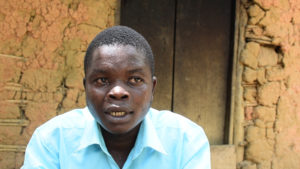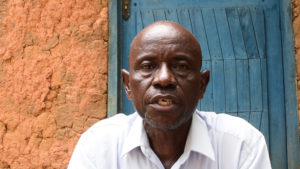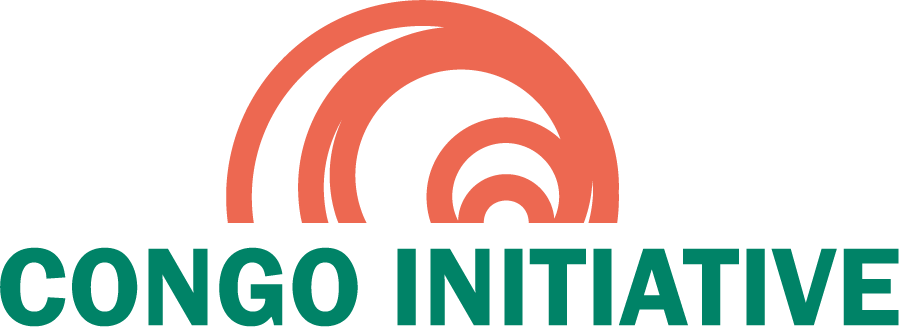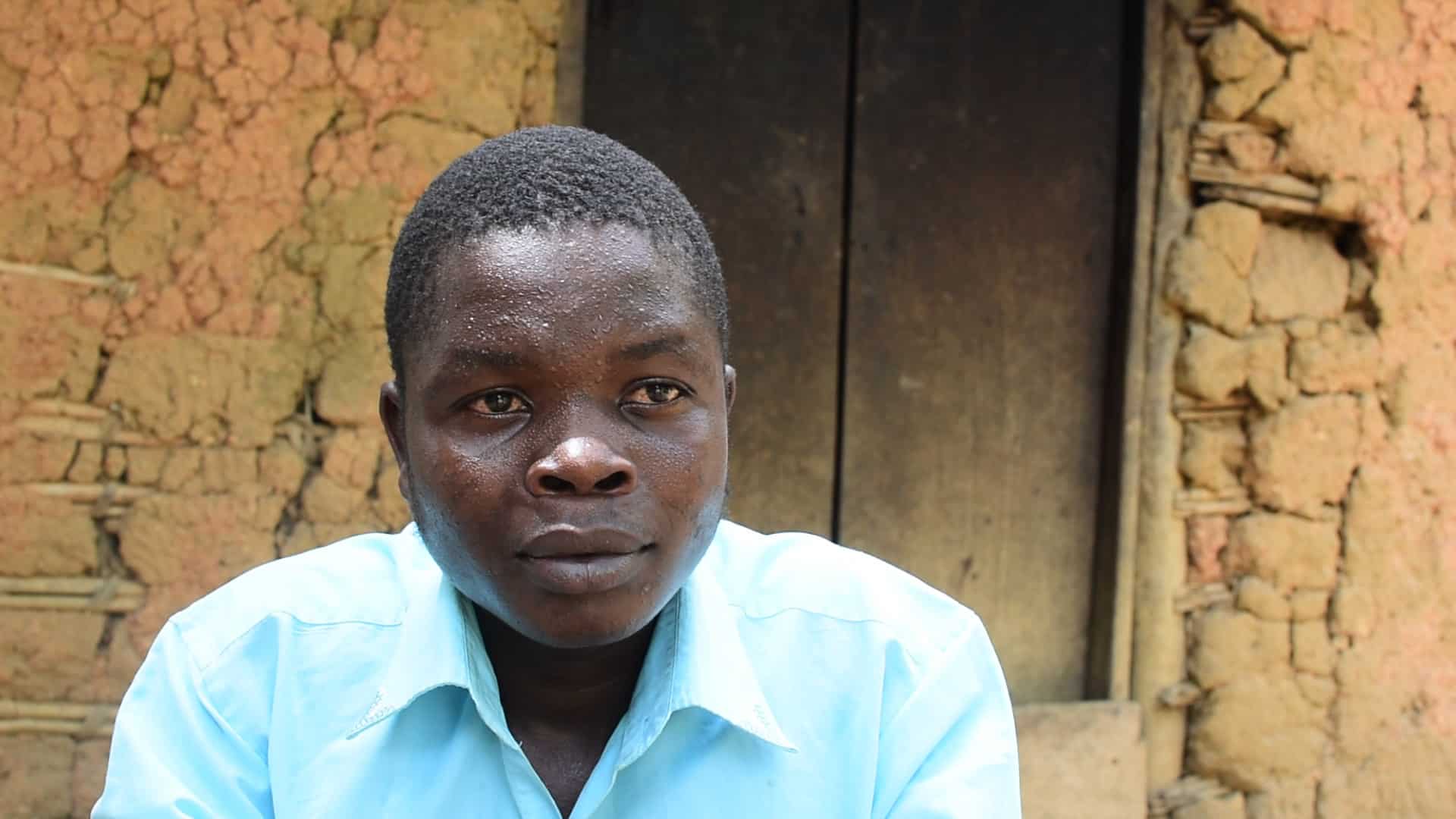
On April 4th, 2019, high school student Paluku was walking home when he passed the local radio station in the rural town of Oicha. Out of nowhere, the station director came running out of the compound shouting “mwizi” [“thief” in Swahili], apprehended him, and took him to the local police where he stayed for a week until he was transferred to nearby Beni.
When the “trial” began, Paluku had no representation and the director of the radio station asserted that Paluku had attacked him and taken his keys. After the trial, he remained held under police detention. That’s when Paluku’s most painful days of false imprisonment began.
In detention, Paluku explains, “it was difficult for us to sleep because of mosquitoes, insects, and there were only 6 meters to sleep for twenty people. For eating, they may buy some food in restaurants, or it costs 10 dollars for a family member to come and pay. But often, we didn’t eat.”
“Sleeping,” Paluku explains, “is difficult because you’re in a position with someone’s belly directly on your back. It’s like a sardine can and there are lice that cause disease. When the lice bite someone, it causes a kind of scabies that turn into sores that multiply. You can see the scars on my body… it’s the whip of the prison.”
Human Rights Watch recently reported that “Congo’s main prisons are at 432 percent of capacity, according to MONUSCO, making them some of the most overcrowded in the world. Prisons in the eastern cities of Goma and Uvira are over 600 percent capacity.” A recent story revealed in another eastern city, Bunia, over 50 prisoners died of malnutrition and starvation this year.

Paluku spent close to 10 months in these conditions when his uncle, Gabriel Nyavange, a UCBC alum, reached out to the director of the Justice Initiative, Romeo Asingya.
Over the next few months, Romeo secured a trial for Paluku, helped develop his defense, and eventually won the case, setting the teenager free. “Fortunately, Romeo accompanied us through this case until the boy was released after ten months of imprisonment. We won and we didn’t have to pay anything.” explained Gabriel.
“I thank the Justice Initiative for having fought for me while I was in prison. I didn’t have the means or resources to get out. I didn’t know what to do and I thought I was going to die in there. But by the grace of God and through the Justice Initiative, I am free.”
Through programs like the Justice Initiative, those who have been treated unjustly, brutalized by the police, and fallen victim to a corrupt system are getting the help they need to receive fair representation to prove their innocence.
“We pray that the work of the Justice Initiative expands, especially the number of jurists because a nation is raised up by justice. If there is no justice, a healthy nation cannot emerge.”


Leave a Reply